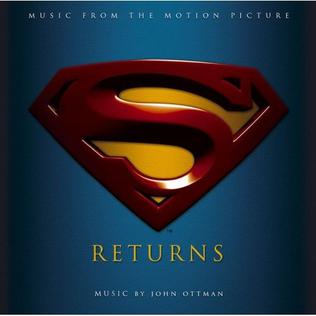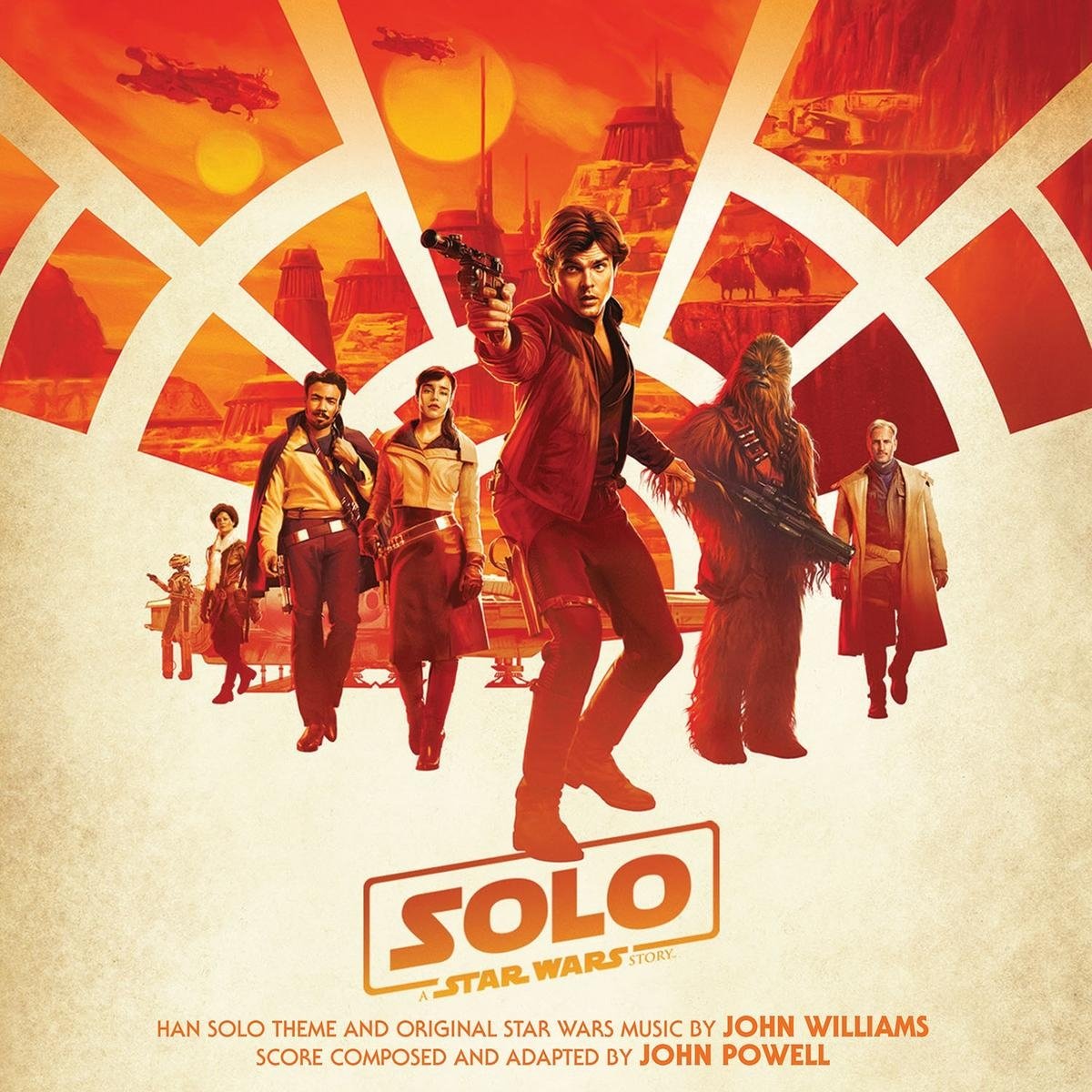
Composed by John Ottman
Around the time Warner Brothers and DC Comics retooled the Batman film franchise, Superman also made his return to the big screen, after a much longer absence. Bryan Singer, whose directorial star had recently risen with his work on the X-Men films, leapt at the chance to helm Superman Returns. He was a fan of the Christopher Reeves films, perhaps too much. Instead of rebooting Superman, he actually made a direct sequel to the originals (ignoring the derided third and fourth entries). He could have at least finally introduced an untapped villain from the comics, but instead we once again have Lex Luthor (Kevin Spacey) coming up with a deadly real estate scheme. This one involves using crystals from the Fortress of Solitude to create a new island, which in turn will cause ecological disaster along the eastern American seaboard. Meanwhile, Superman (Brandon Routh) has just spent years searching for other survivors of Krypton (he doesn’t find any) and returns to find Lois Lane (Kate Bosworth) with a child and fiancé. Singer’s movie isn’t horrible, but it could have been much better. The ending certainly drags on. There were no sequels and people tend to overlook its existence.
Another fan of the Superman originals is composer John Ottman, a regular collaborator of Singer. He claimed that during his childhood he would annoy the neighbors by constantly playing John Williams’ score for the superhero. He now got a chance to do a sequel incorporating the maestro’s themes. In general he does a great job in this regard. He doesn’t overplay the themes, but makes them an integral part of the score. Often a new composer to a franchise will make a couple token references and then go off into his own original themes. For negative examples of both directions, let me mention two scores. For Matrix Resurrections, Johnny Limek and Tom Tykwer pilfered Don Davis’ memorable score to excess. The end result was that they misused his carefully crafted web of motifs. Danny Elfman, by contrast, ignored Hans Zimmer and Junkie XL’s set of themes when he came on for the DCEU’s Justice League. At the same time he sought to reference his own theme for Batman and Williams’ for Superman, yet barely did so that he might as well have ignored them. For Superman Returns, Ottman makes ample use of Williams’ themes while still using his own voice and identities. Continue reading








